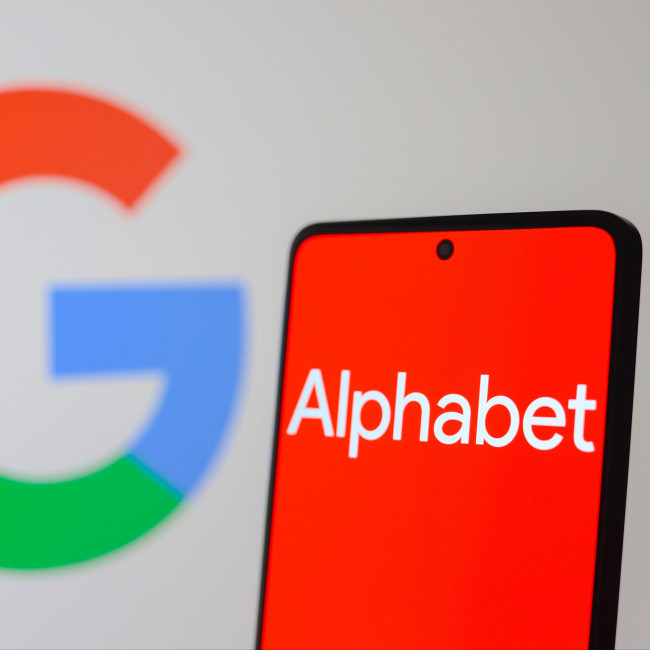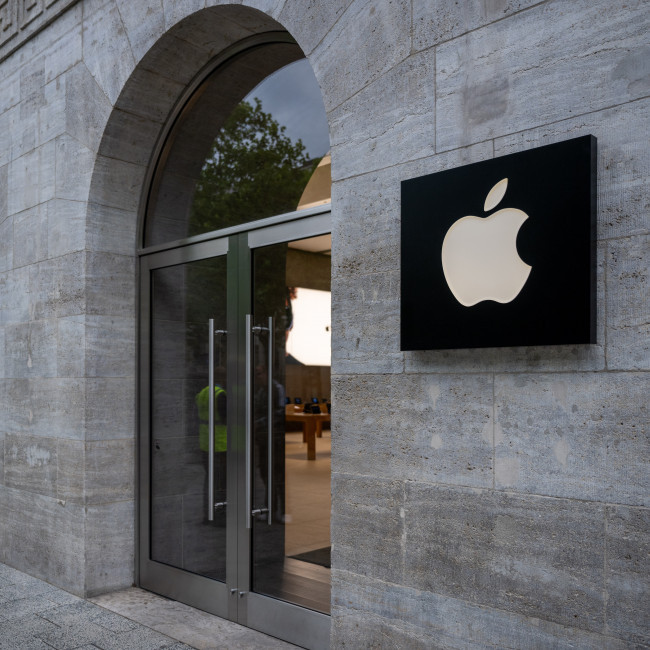After being found to have collected user data even when account holders had switched off tracking features, Google has been ordered by a US federal court to pay $425 million (£316.3 million) in damages.
Google has been ordered by a US federal court to pay $425 million (£316.3 million) in damages after being found to have collected user data even when account holders had switched off tracking features.
The verdict followed a class action lawsuit filed in July 2020 on behalf of about 98 million users and covering 174 million devices.
The plaintiffs alleged the company’s Web and App Activity setting misled customers, allowing Google to continue collecting, saving and using data from mobile devices despite assurances that privacy was being protected.
They had been seeking more than $31 billion in damages.
A Google spokesperson told the BBC: “This decision misunderstands how our products work, and we will appeal it. Our privacy tools give people control over their data, and when they turn off personalisation, we honour that choice.”
The jury found Google liable on two of three claims of privacy violations but said the company had not acted with malice.
According to the plaintiffs, Google’s data collection extended across hundreds of thousands of smartphone apps, including those from ride-hailing services Uber and Lyft, e-commerce platforms Alibaba and Amazon, and Meta-owned social media networks Instagram and Facebook.
Google has said that when users turn off the Web and App Activity function in their account, businesses using Google Analytics may still gather data on site and app usage.
But the company maintains that this information does not identify individuals and is consistent with users’ privacy settings.
The ruling comes as Google faces a series of legal battles in the US.
This week shares in its parent company Alphabet rose by more than nine percent after District Judge Amit Mehta ruled the company would not have to sell its Chrome web browser following a competition case. Instead, the company will be required to share search data with competitors and barred from signing exclusive contracts.
The Department of Justice had pressed for Chrome to be sold, citing Google’s dominance as the default search engine on its own products such as Android and Chrome, as well as on Apple devices.
Google also faces a separate antitrust case overseen by District Judge Leonie Brinkema, who ruled in April the firm holds a monopoly in advertising technology.
She is set to oversee a trial later this month to determine remedies.
Google ordered to pay $425 million in damages








